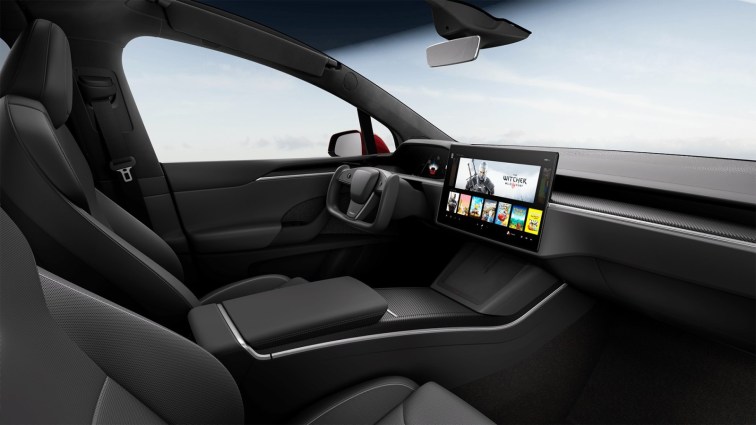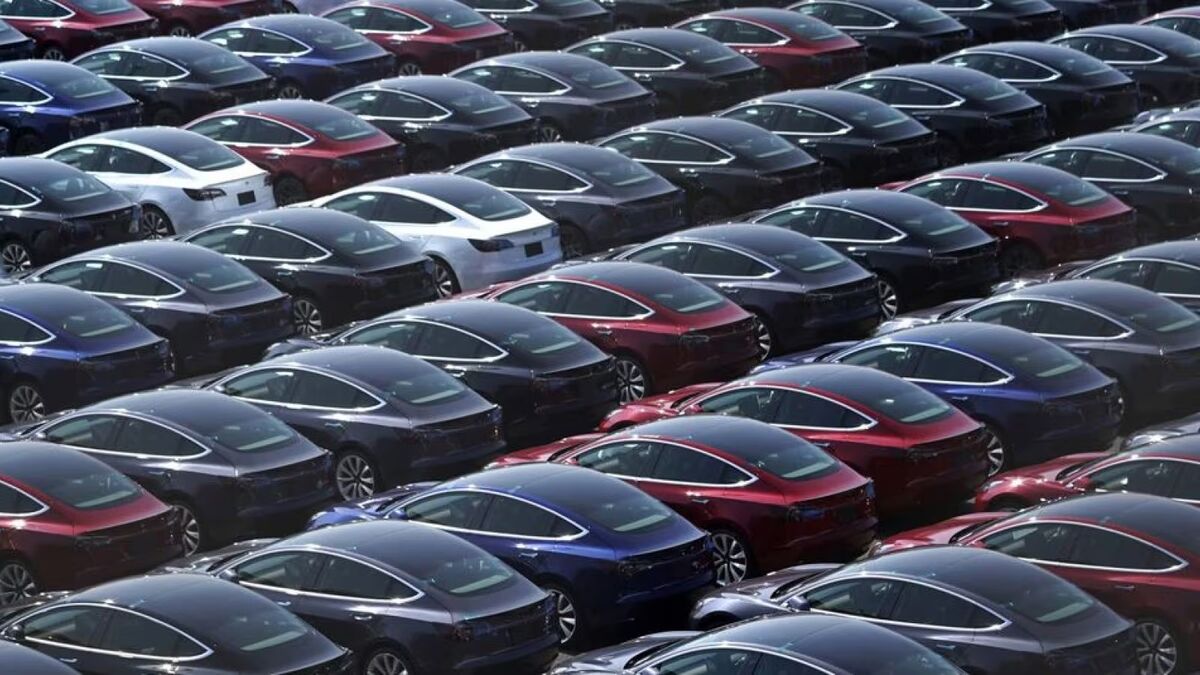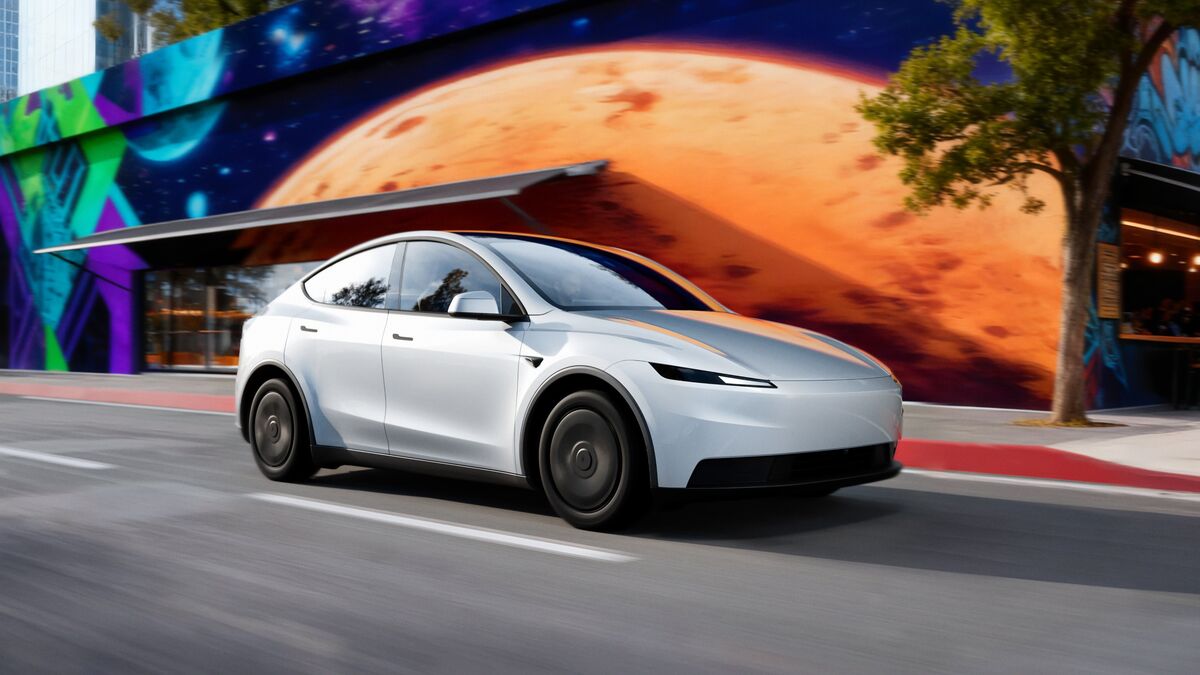
That’s how Christian Werling, a student at Technische Universität Berlin, explains his decision to hack into the operating system powering a Tesla. Werling tells TechCrunch that his team of three students was able to get paid upgrades for free on an unspecified Tesla model.
Werling’s team changed the supply voltage that powers the AMD processor running the car’s infotainment system. “If we do it at the right moment, we can trick the CPU into doing something else. It has a hiccup, skips an instruction, and accepts our manipulated code,” he explains.
The move raises many questions. But it seems like an inevitable development as cars become, essentially, internet-powered devices on wheels.
Fees for Features
Many automakers are exploring a new business model that would see them charge fees to access features inside a car.
The same new technologies that make our cars ever more connected make it possible for automakers to modify them after we buy them. Over-the-air software updates can change the features and even the performance of modern cars.
Related: Hackers Show How to Unlock, Start Cars Remotely
If automakers can switch features on and off remotely and even lock performance behind software gates, then they can charge for them.
Your next car, for instance, might come with a climate control system that can set one temperature for the whole car or let each passenger set their own. You could unlock one, two, or four climate control zones with different monthly fees.
In some markets, BMW has already experimented with monthly fees to access heated seats.
Fees don’t have to be monthly. Volkswagen officials have publicly toyed with self-driving software that charges ticket prices to different destinations.
They could apply to the engine as much as the audio system. Mercedes already lets owners of some of its electric cars rent additional horsepower by the month or year.
Automakers could save money with this strategy. It would enable them to build every car with every feature, using economies of scale to mass-produce their most advanced technologies.
Drivers Unsure, But May Be Persuadable
It could also give drivers new financial flexibility. If your landlord raised your rent, you could find the extra money by trimming your car payment.
But it could also end the idea of ever paying off your car. You might succeed in paying the entire balance of the loan you used to buy your car in the first place. But you could still find yourself paying monthly for the heated steering wheel, the speakers you wanted, and 100 additional horsepower.
Studies have shown that car shoppers object to the idea – but object less when given free trials. The auto industry might succeed in normalizing the practice with a careful rollout.
A Future of Jailbreaking Cars
The idea makes car ownership sound much like phone ownership, doesn’t it? Many of us find our mobile phone expenses fluctuating as we add and drop new apps.
Related: Cars of the Future Will Likely Be More Vulnerable to Hacking
Almost since the introduction of the iPhone, a community of hackers has objected to the walled-garden app ecosystems some phone manufacturers operate. They constantly pioneer new ways to “jailbreak” phones – decoupling them from the locked ecosystems manufacturers like Apple provide.
What Werling’s team did was, essentially, jailbreak a Tesla. “In theory,” TechCrunch says, “this would open the door for a series of other attacks, but the researchers said they still have to explore the possibilities in this scenario.”
They haven’t attempted to access something like Tesla’s $15,000 Full Self-Driving system, which ostensibly lets drivers take their hands off the wheel in some driving scenarios.
Werling believes it’s possible and that “Tesla would have to replace the hardware in question” to solve the problem.
But we’re confident Tesla would fight back, trying to prevent owners from obtaining five-figure features for free.
The future of car ownership is getting weird.







